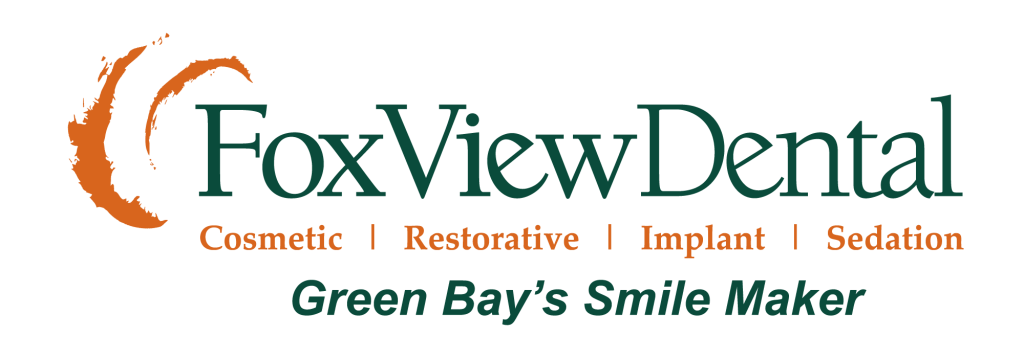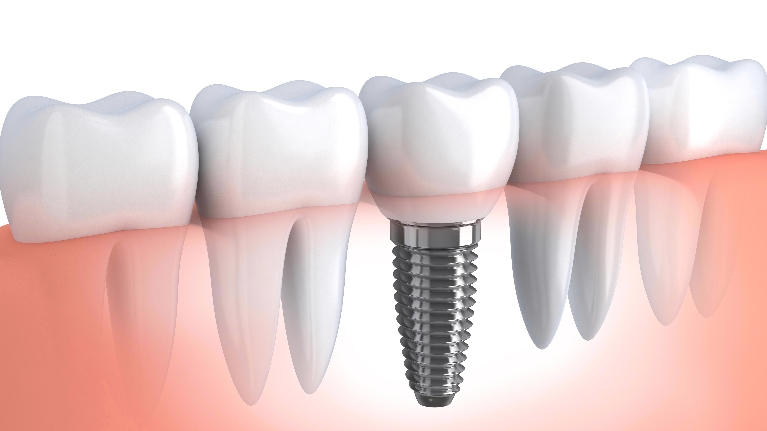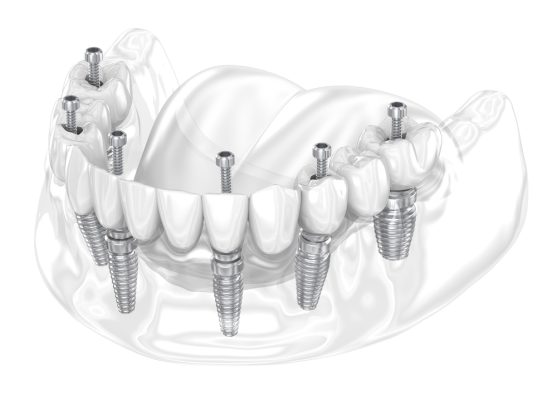Top 10 Benefits of Dental Implants
1. Prevent Bone Loss and Preserve Facial Structure
One of the most significant advantages of dental implants is their ability to prevent bone loss. When you lose a tooth, the surrounding jawbone begins to deteriorate due to lack of stimulation. This can lead to a host of other oral health problems including gum disease. Dental implants mimic natural tooth roots, providing the necessary stimulation to maintain bone density and preserve your facial structure.
2. Look, Feel, and Function Like Natural Teeth
Dental implants are designed to blend seamlessly with your existing teeth. They’re custom-made to match the color, shape, and size of your natural teeth, making them virtually indistinguishable from the rest of your smile. More importantly, they function just like natural teeth, allowing you to eat, speak, and smile with confidence.
3. Improved Self-Esteem and Quality of Life
Missing teeth can significantly impact your self-esteem and overall quality of life. Dental implants provide a permanent solution that can restore your confidence and allow you to smile, laugh, and interact with others without feeling self-conscious about your appearance.
4. Enhanced Chewing Ability and Nutrition
Unlike removable dentures or dental bridges that can slip or cause discomfort while eating, dental implants provide a stable foundation for chewing. This improved chewing ability allows you to enjoy a wider variety of foods, potentially leading to better nutrition and overall health.
5. Clarity in Speech
Missing teeth or poorly fitting dentures can affect your speech, causing you to slur words or struggle with certain sounds. Dental implants function like natural teeth, allowing you to speak clearly and confidently without worrying about dentures slipping or clicking.
6. Long-Lasting Solution
With proper care and maintenance, dental implants can last a lifetime. While the crown attached to the implant may need replacement after 10 to 15 years due to normal wear and tear, the implant itself can remain in place indefinitely.
7. Easy Maintenance
Caring for dental implants is similar to maintaining your natural teeth. Regular brushing, flossing, and dental check-ups are all you need to keep your implants in top condition. There’s no need for special cleaners or adhesives required for dentures.
8. Preservation of Adjacent Teeth
Traditional bridges require grinding down adjacent healthy teeth to support the replacement tooth. Dental implants, on the other hand, are self-supporting and don’t rely on neighboring teeth for stability. This preserves the integrity of your healthy teeth and promotes better long-term oral health.
9. Improved Oral Health
Gaps left by missing teeth can trap food particles and bacteria, increasing the risk of gum disease and decay in surrounding teeth. Dental implants fill these gaps, making it easier to maintain good oral hygiene and reducing the risk of dental problems.
10. Cost-Effective in the Long Run
While the initial cost of dental implants may be higher than other tooth replacement options, they often prove to be more cost-effective in the long run. Their durability and longevity mean fewer replacements and adjustments over time, potentially saving you money on dental care in the future.




